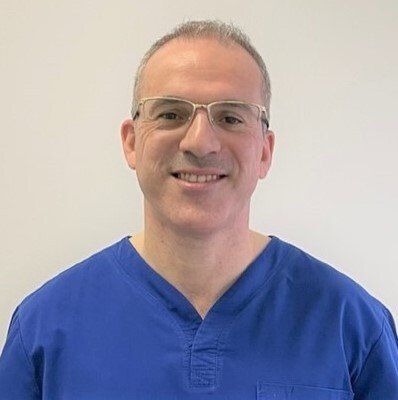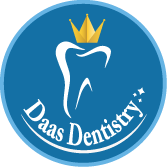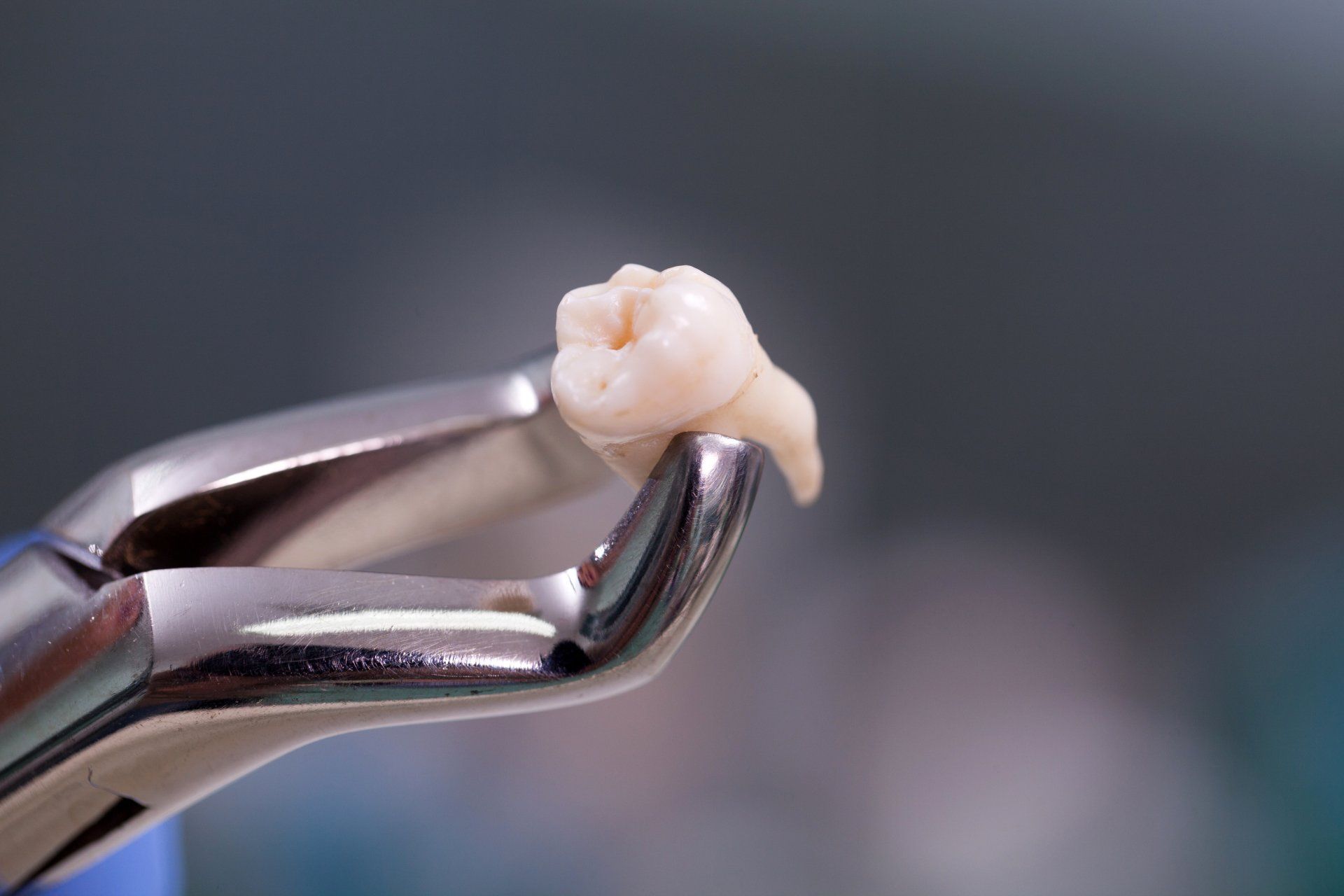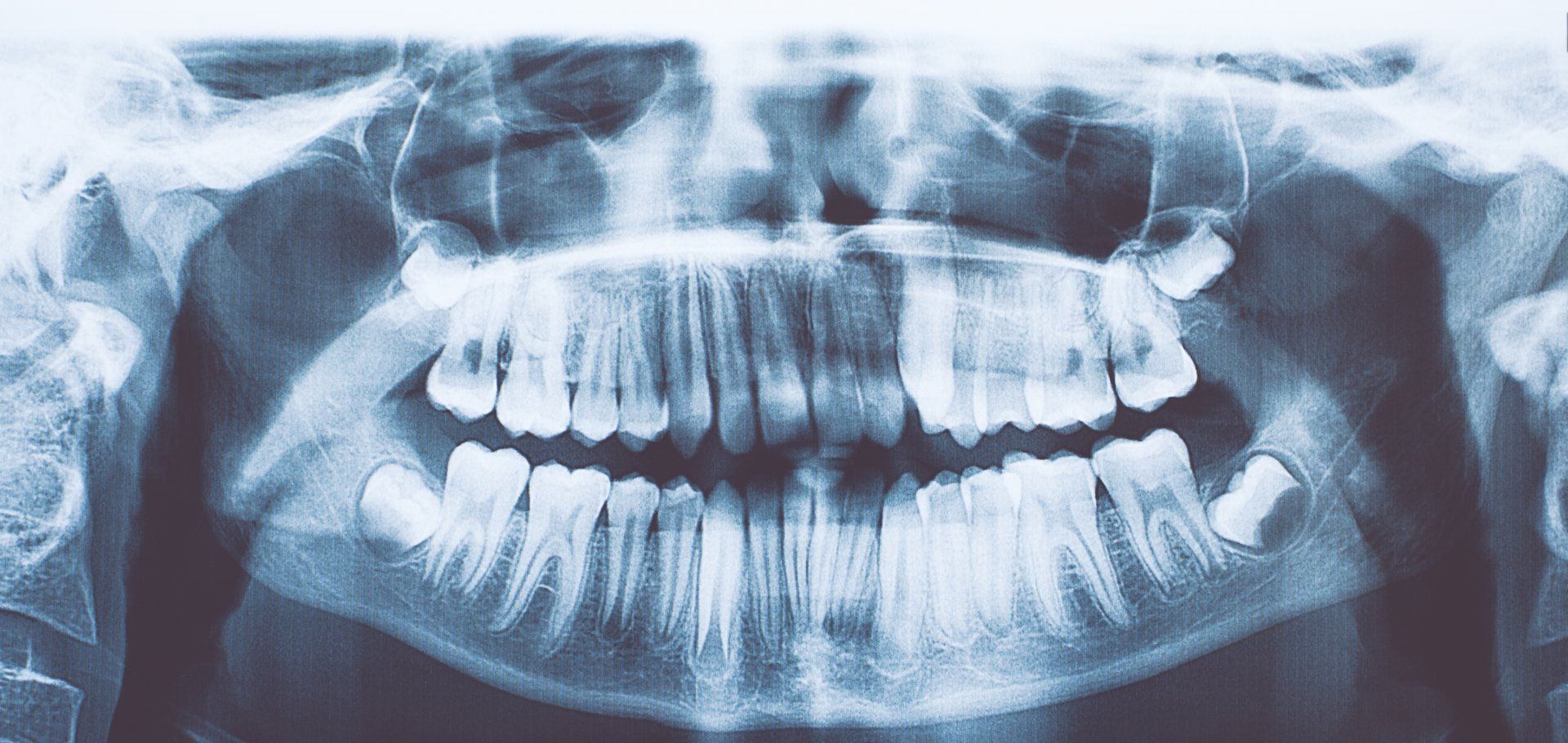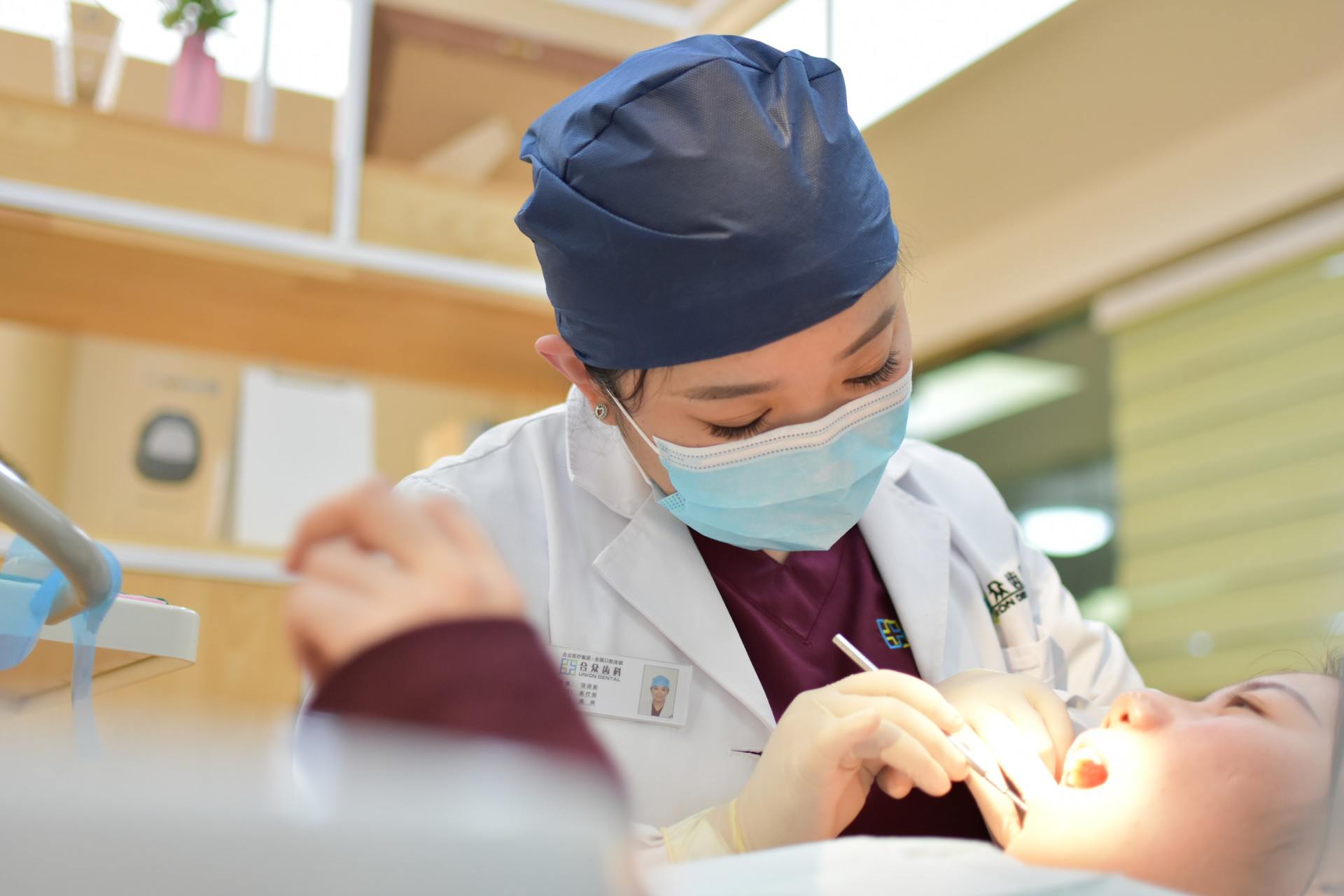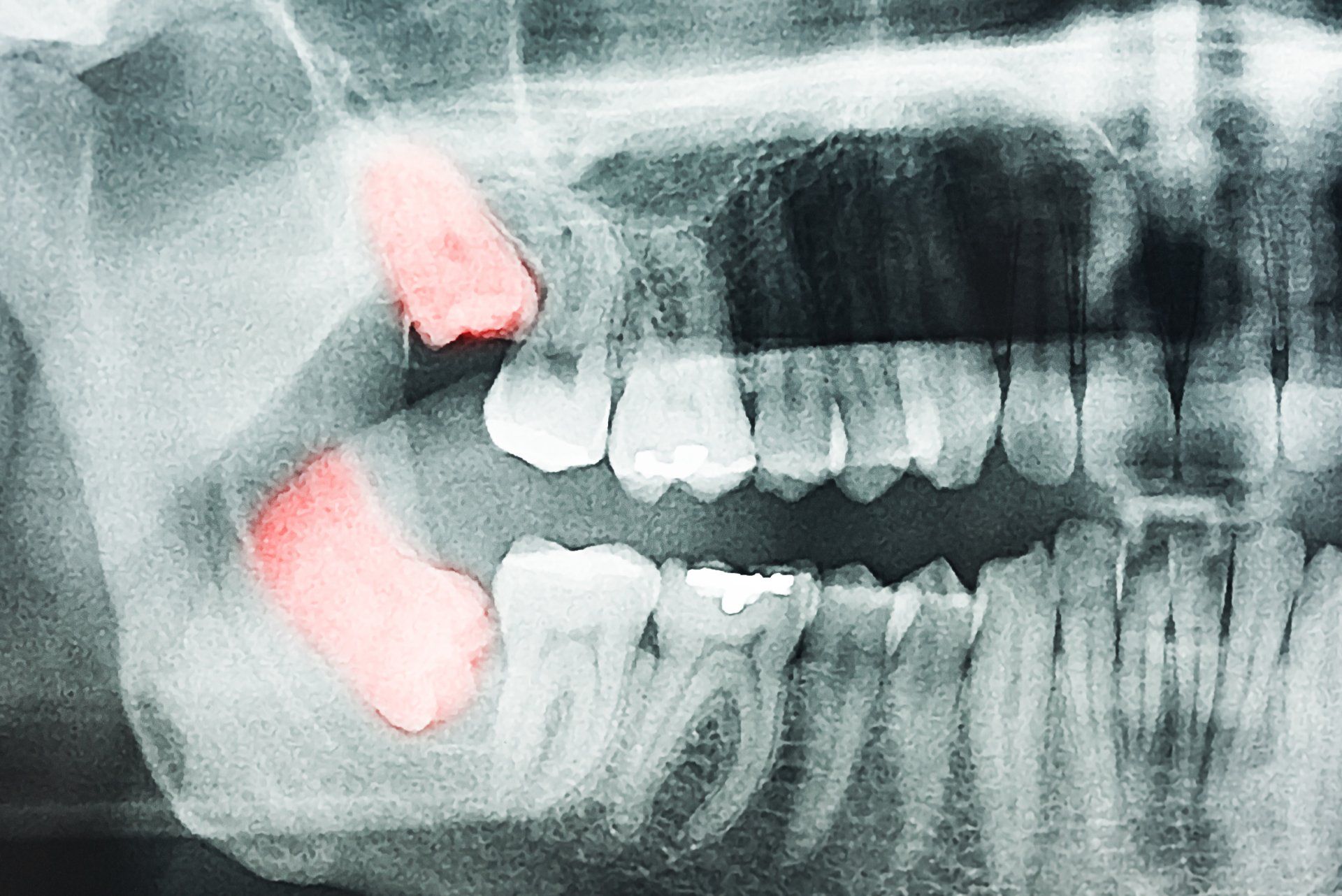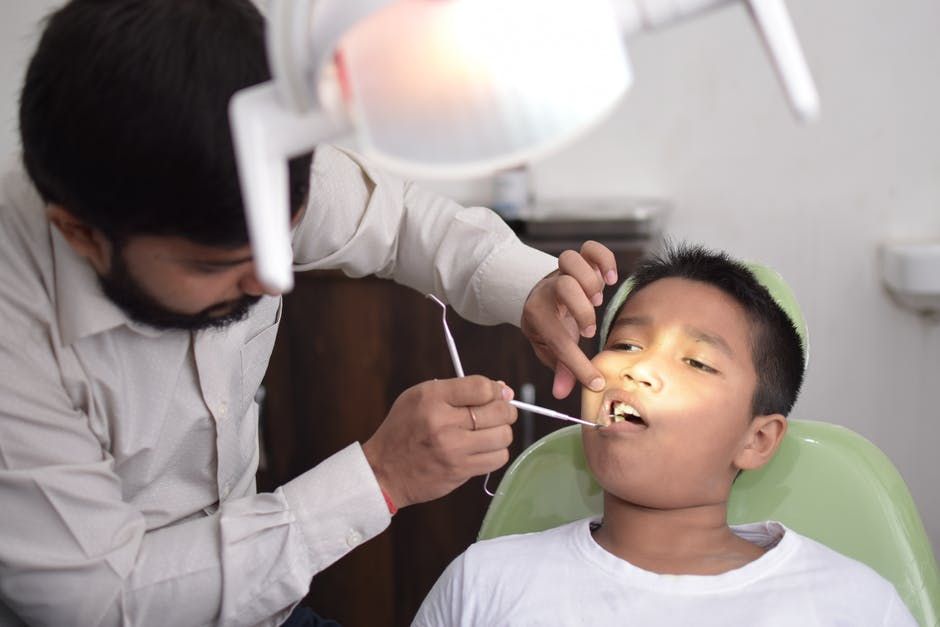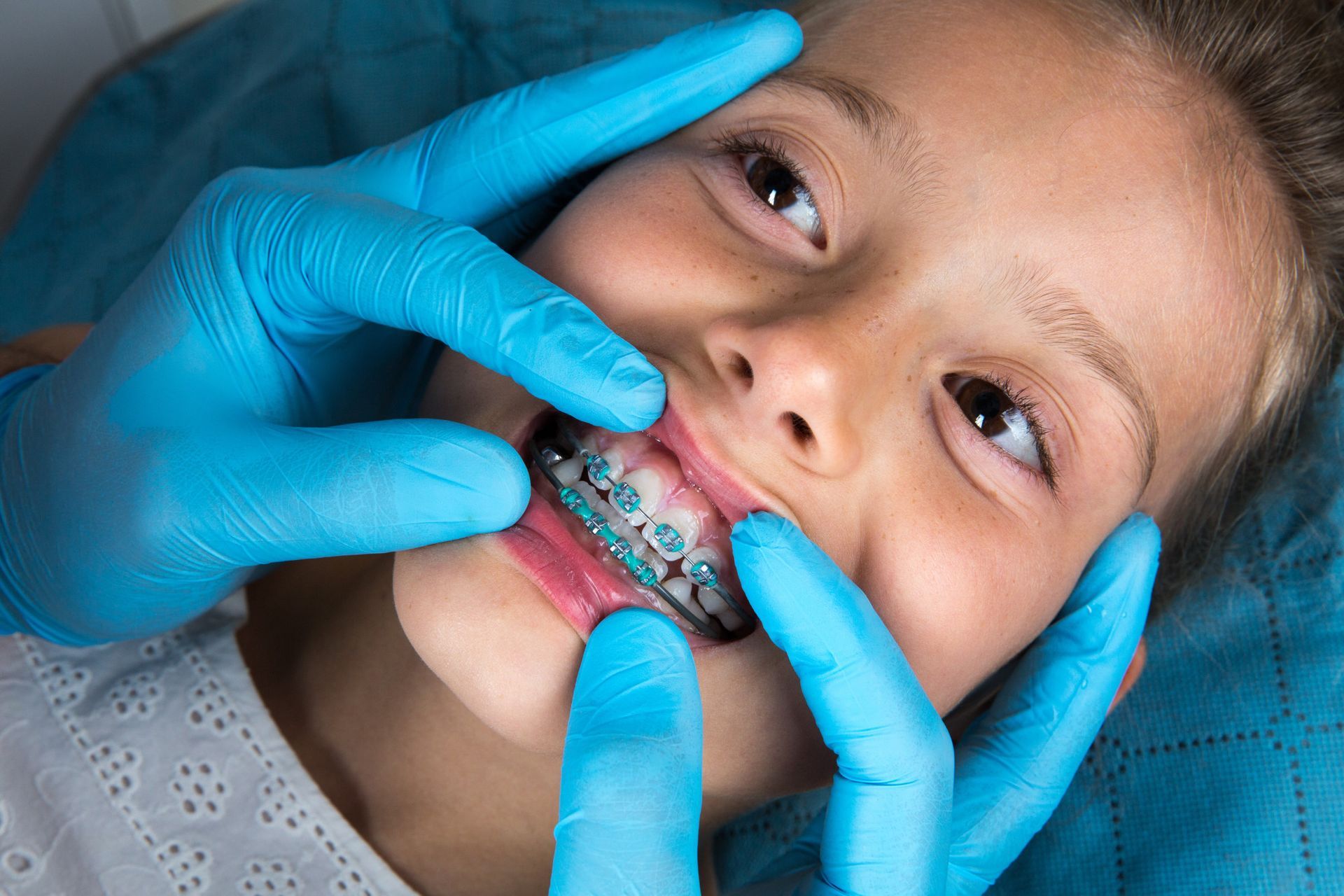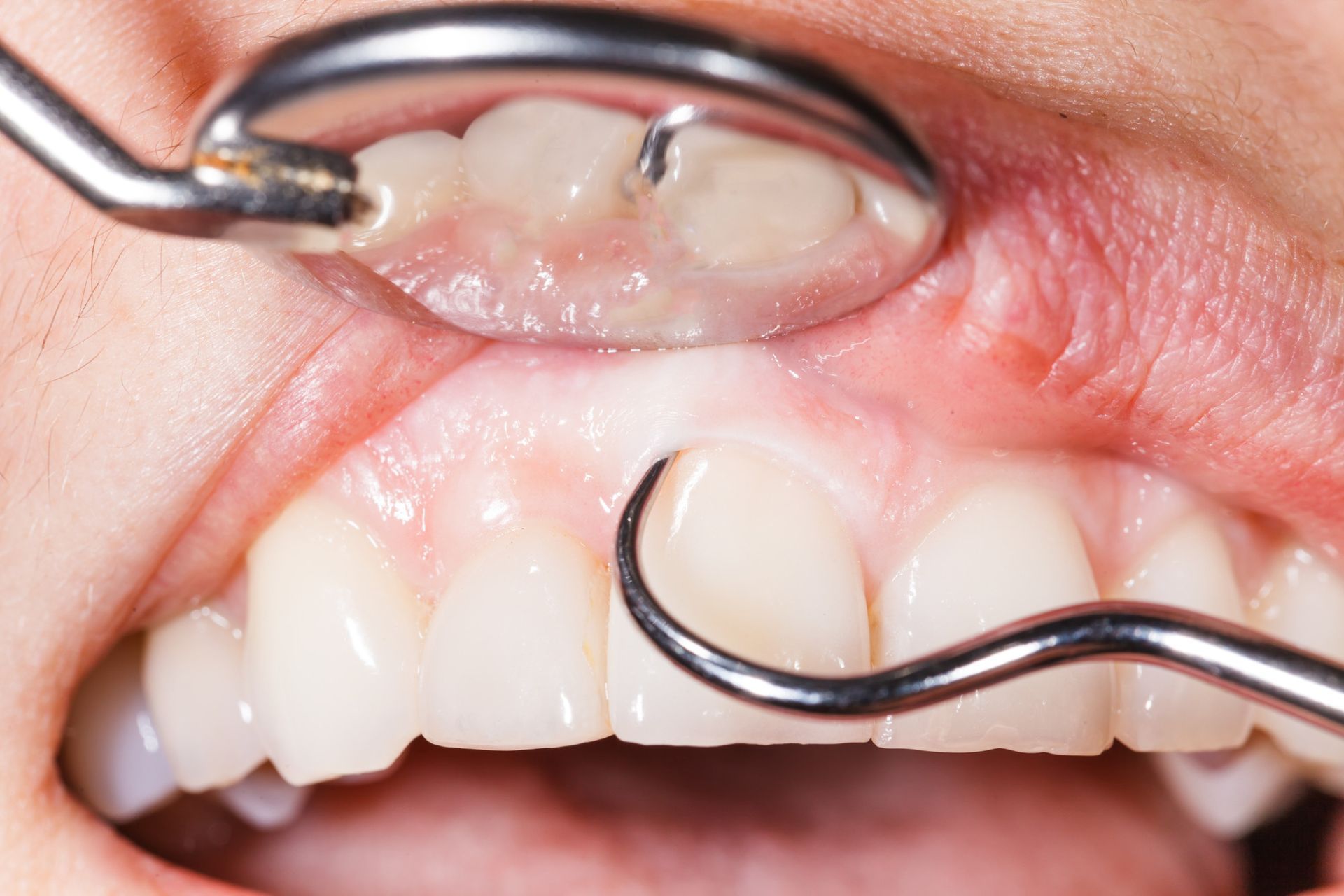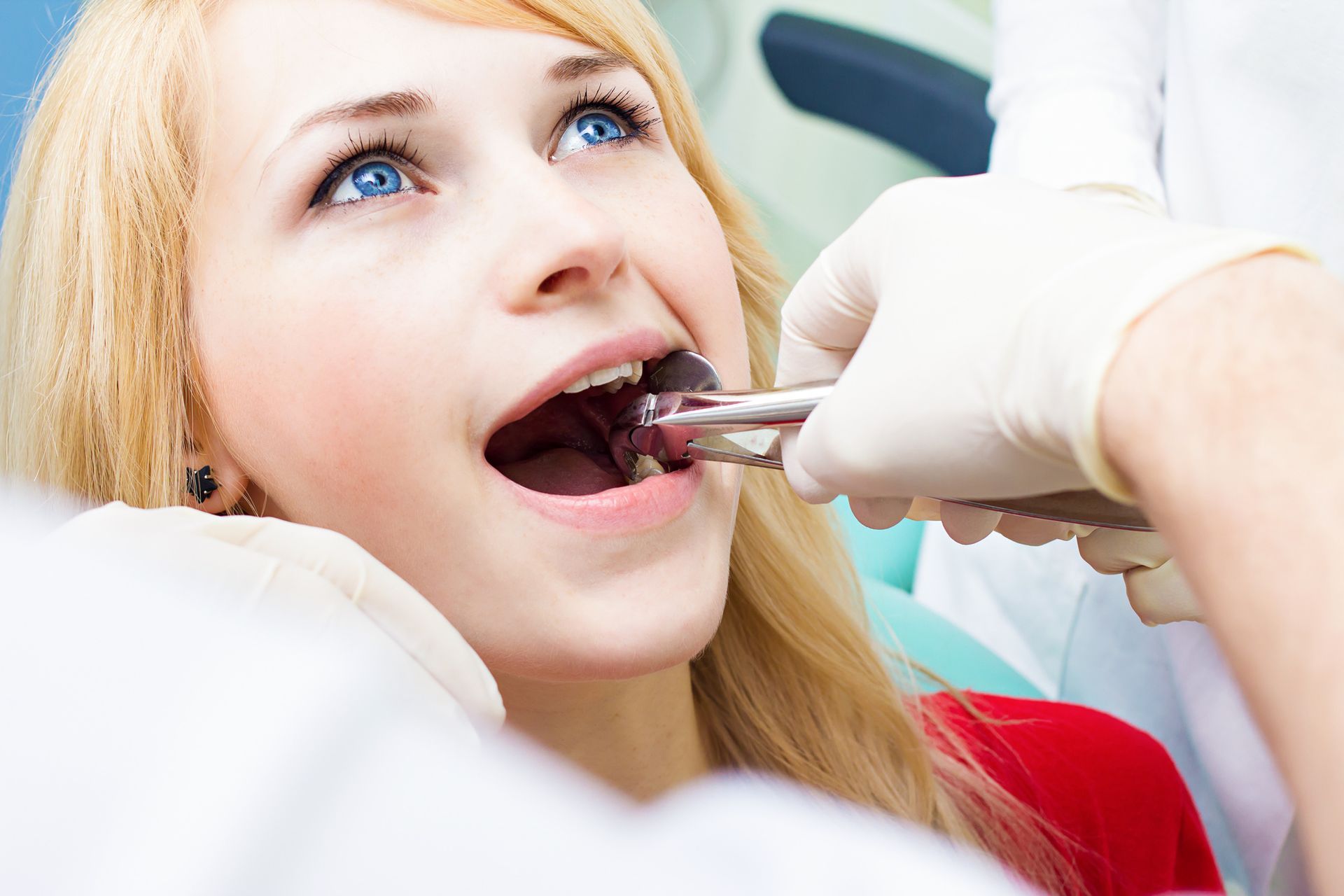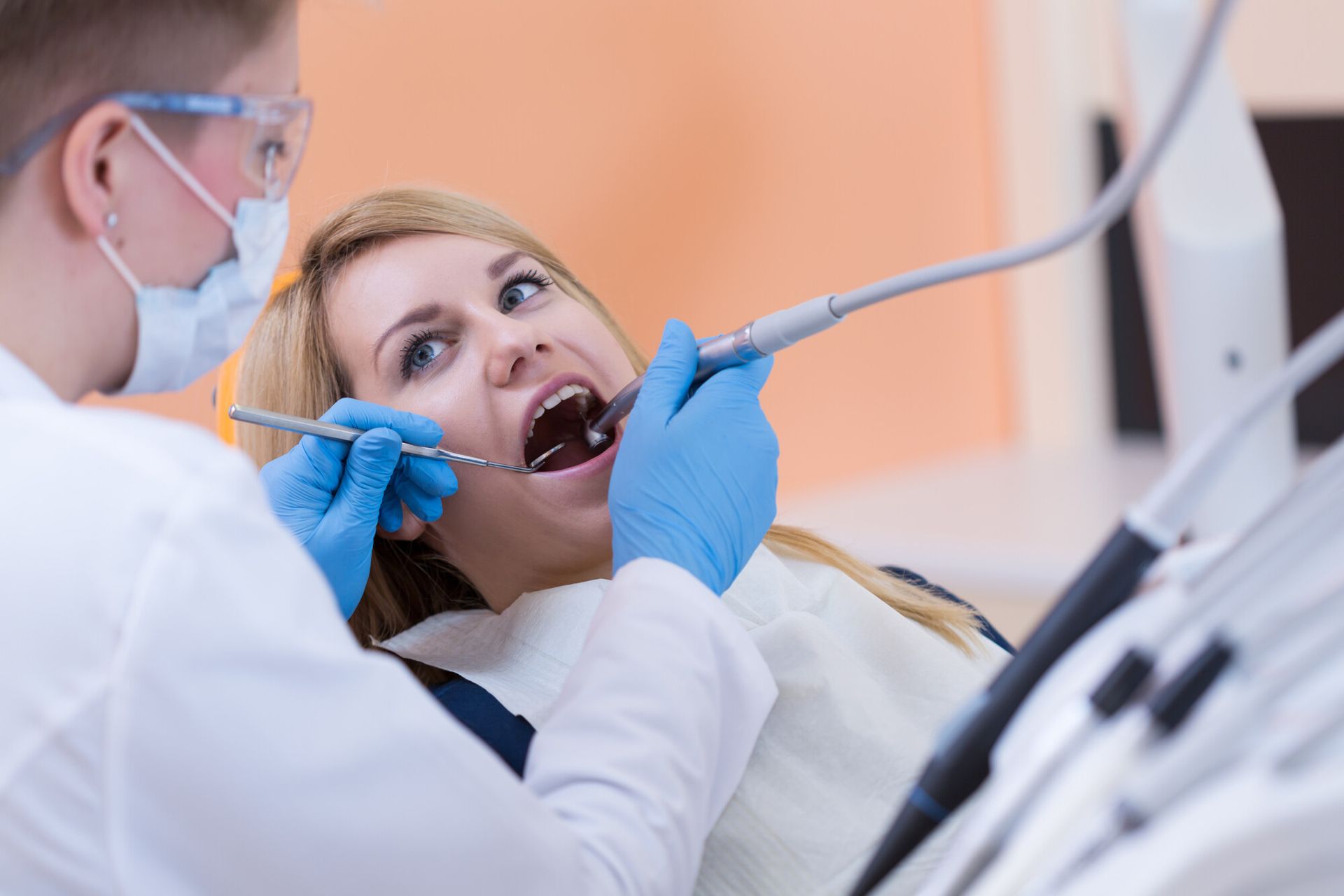11 Questions to Ask During Your Next Mississauga Dentist Visit
11 Questions to Ask At Your Dentist Visit
1. Do You Accept My Dental Plan?
This is important to find out so that you don't run into any financial issues. You should actually ask this question when scheduling your appointment so you can determine the best way forward. Depending on the cost, you might be able to manage payment without insurance.
2. What's the Best Way to Keep My Teeth Healthy?
Keeping your teeth healthy means preventing tooth decay, gum disease, gingivitis, and other oral health problems. Your dentist will recommend general things you can do including:
- Regular brushing and flossing
- Regular dental checkups
- Eating a balanced diet
Your dentist visits are important to ensure you
get a professional cleaning. It also allows your dentist to spot any issues early and treat them successfully before they become major concerns.
3. What Should My Daily Dental Routine Be?
To maintain teeth health, you need to have a good daily dental routine. Your dentist will more than likely tell you to:
- Brush your teeth at least twice a day
- Floss at least once a day
- Avoid foods that are high in sugar or acidic content
- Avoid products that can stain your teeth
- Include fruits and vegetables and foods rich in protein for a balanced diet
- Use products with fluoride
You can prevent tooth decay or tooth loss as well as other issues by having good daily oral hygiene habits.
4. Will I Need An X-Ray?
More than likely, your first dentist visit will include dental x-rays. This will give your dentist a better idea of the condition of your teeth. Dental x-rays also allow your dentist to monitor any changes that occur over the years of your treatment.
5. How Is My Overall Oral Health?
Ideally, you should ask this after your examination, as only then, will your dentist be able to give you a comprehensive answer. Besides cleaning your teeth, during your first examination, your dentist will check for cavities and gum disease. The exam will also help to determine your risk of developing other oral health issues.
You should let your dentist know a complete history of your overall health, as well as that of your family. Family history can play a part in your dental health as some conditions can run in your family. You might have a predisposition to tooth decay, gum disease, and other issues due to your family history.
6. Do I Have Any Cavities?
Your dental x-rays will give your dentist a good indication if you have any cavities. Sometimes your dentist can also determine this from a physical exam, depending on how bad the cavity is. You should also indicate if you experience any sensitivity, especially when consuming hot or cold liquids.
7. What Dental Products Do You Recommend For Me?
There are a variety of dental products available and you may sometimes have difficulty choosing the right products for you. Your dentist can recommend the most effective toothpaste, toothbrush, floss, and rinse that will work best for you. This eliminates your need to pore over a slew of products, especially with new ones being added, every time you run out.
8. Can I Get My Teeth Whiter?
One of the keys to whiter teeth is staying away from foods that can stain them such as tea, coffee, and wine. However, for teeth that are already discolored, your dentist can do a whitening treatment. Doing this at every visit can help remove some of the discolorations.
9. What Are the Signs of Gum Disease?
Periodontitis, also familiarly known as gum disease is an infection of the gum that causes soft tissue damage. If left untreated, it can destroy the bone that supports your teeth. This causes teeth to loosen and eventually fall out.
It's also linked to chronic diseases such as diabetes, Alzheimer's, and heart disease. During your visit your dentist will check for signs of gum disease which can include:
- Swollen, tender, or puffy gums
- Bad breath
- Pus between teeth and gums
If you see traces of blood, especially after brushing, you should tell your dentist. Gum disease is preventable if caught early.
10. How Do I Prevent Bad Breath?
The major cause of bad breath is the build-up of bacteria in your mouth. Brushing can remove most of this along with practicing good oral hygiene by following the daily routine advised by your dentist. In addition, you can also use toothpaste and rinse that contain antibacterial agents.
11. How Often Should I Schedule A Visit?
The frequency of dental visits is really dependent on the patient and their dental health. Some patients may have dental work that will require more frequent visits. However, in general, dentists usually recommend visits every six months.
What You Should Expect At Your First Dental Visit
Dental Care Without Fear
